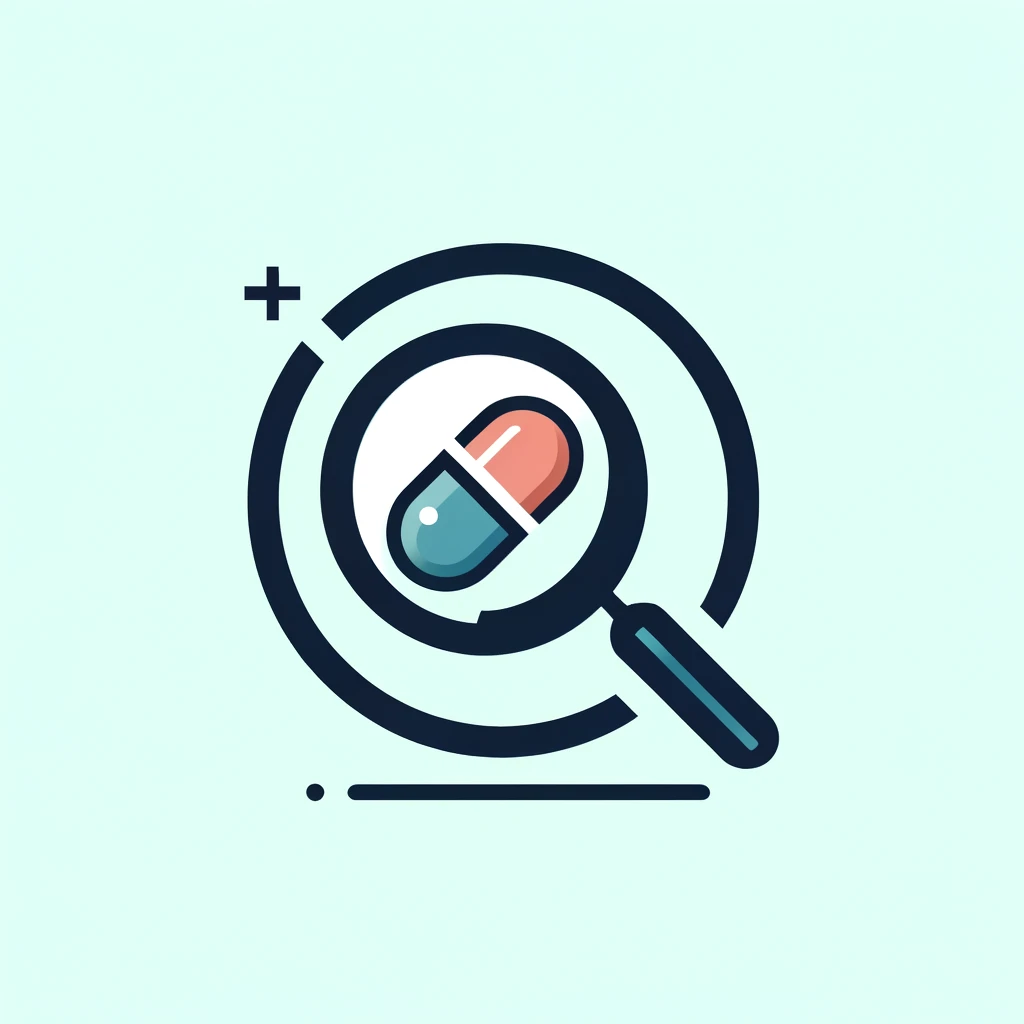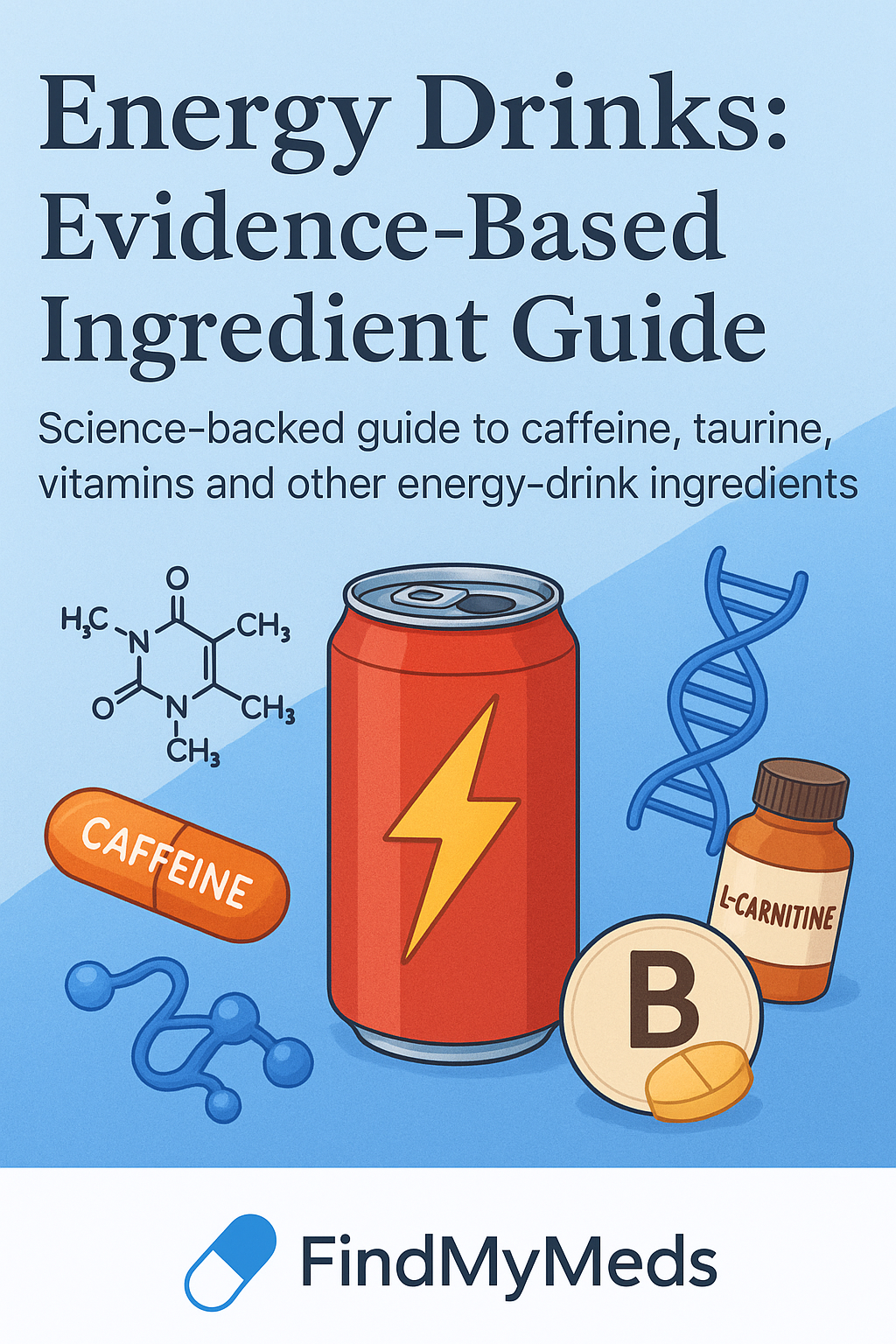Defining “Energy” in Drinks
Metabolic energy = calories that become ATP from sugars/fats; stimulatory energy = alertness from psychoactive compounds like caffeine. Most energy drinks conflate these, combining sugar fuel with stimulants.
☕ Caffeine – The Primary Stimulant
Mechanism: Adenosine receptor antagonist → ↑ dopamine/norepinephrine, ↑ metabolic rate.
Benefits: +2–4 % endurance and faster reaction time at 3–6 mg·kg‑1.
Effective dose: 200–400 mg (≈ two cups of coffee).
Risks: Jitters, insomnia, transient ↑ blood pressure above 400 mg·day‑1.
🧬 Taurine – Muscle & Antioxidant Support
Modulates calcium handling in muscle and acts as an antioxidant. Small boosts in VO2max/time‑to‑exhaustion at 1–3 g doses.
💪 L‑Carnitine – Fat Transporter
Shuttles long‑chain fatty acids into mitochondria. Slight increases in high‑intensity power and reduced muscle soreness at 2–4 g·day‑1.
🧩 B‑Vitamins – Co‑Factors, Not Stimulants
Essential for ATP production but extra intake beyond RDA does not boost energy unless deficient.
🌿 Other Common Add‑ins
- Ginseng: weak evidence for memory; doses 200–400 mg extract.
- Guarana: simply an extra caffeine source (up to 8 % caffeine by weight).
- Glucuronolactone: safe but no proven ergogenic effect at 600 mg.
- Sugars: 20–30 g provides quick metabolic fuel but adds 80–120 kcal.
- Zero‑cal sweeteners: no energy, just taste.
Quick‑Reference Table
| Ingredient | Cognitive / Energy | Physical Performance | Typical Dose |
|---|---|---|---|
| Caffeine | Strong alertness | +2–4 % endurance | 200–400 mg |
| Taurine | Weak–moderate | Small ↑ VO2max | 1–3 g |
| L‑Carnitine | Low | Mod ↑ HIIT power | 2–4 g |
| B‑Vitamins | Low (unless deficient) | Co‑factor only | ≥100 % RDA |
| Ginseng | Weak memory gain | Low | 200–400 mg |
| Guarana | Same as caffeine | Same as caffeine | adds 10–40 mg caffeine |

